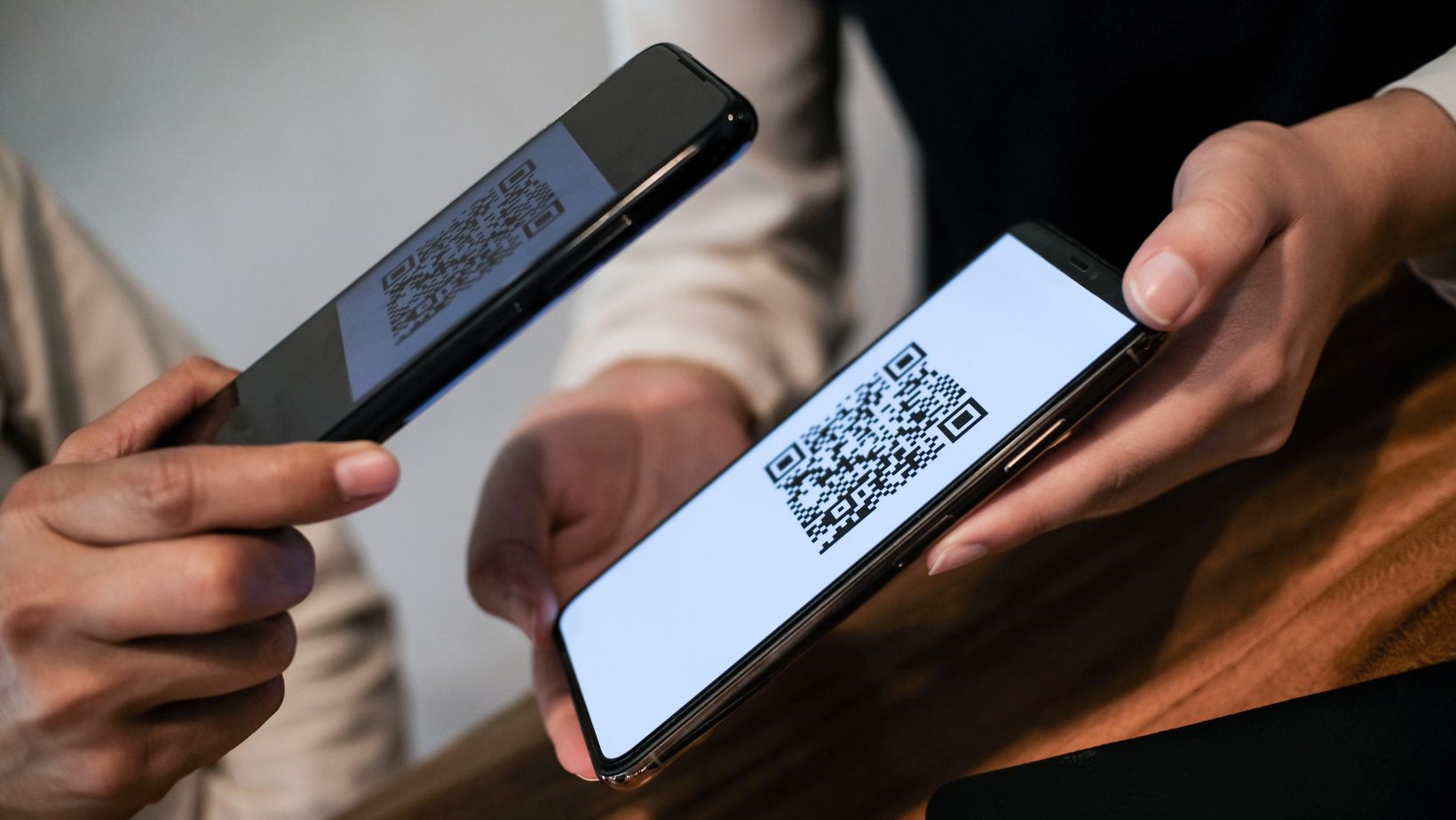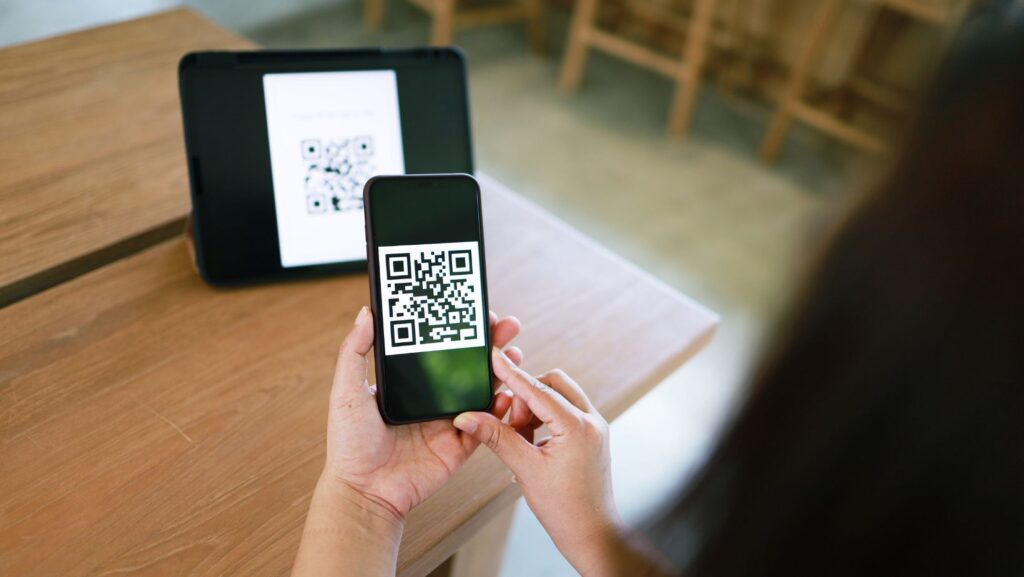Today, successful businesses are data-driven.
And for good reason. Uninformed guessing is risky when it comes to your marketing strategy. One way marketers can connect physical and digital spaces with the insights needed for decision-making is through trackable QR codes. When marketers leverage data with trackable QR codes, they can drive decision-making with real-time analysis of the scans that are being made.
According to Forbes, data-driven marketing enables companies to grow by allowing them to fine-tune messages, further customize them based on audience interests, and improve performance. When done right, these QR codes are not simply for scanning; they are insights that will create a better ROI, more engagement, and more customer loyalty.
What Makes Trackable QR Codes Different
Unlike regular old static QR codes that just go to a URL or static content, a trackable QR code captures more data. They know when, where, and how often someone appears and takes a scan. The device, time, and sometimes even the location of the user may also be captured. With this information, marketers gain insights into which ads or posters are effective, what offline content is driving visitors online, and whether they’re actually working. Once you have this kind of data from your own trackable QR codes, you’ll also be able to track, monitor and optimize campaign efforts in real-time. You’ll also have the flexibility to update your messages, ad placements, or promotions based on the data you see.
Improving Customer Engagement Through Data
Using trackable QR codes allows companies to build stronger, data-backed engagement. For example, scan data reveals customer preferences: which promotions they respond to or which locations drive the most interest.
 With those insights, businesses can tailor offers, personalize follow-ups, or send reminders that resonate. Offline behavior (like in-store scans) can be tied to online visits, helping marketers close the loop and design campaigns that feel relevant. That kind of customer understanding builds loyalty and grows conversions.
With those insights, businesses can tailor offers, personalize follow-ups, or send reminders that resonate. Offline behavior (like in-store scans) can be tied to online visits, helping marketers close the loop and design campaigns that feel relevant. That kind of customer understanding builds loyalty and grows conversions.
Integrating QR Data Into Marketing Campaigns
Marketers are applying trackable QR codes across product packaging, event tickets, poster campaigns, and flyers to connect print/digital worlds. Each scan becomes a data point fed into analytics dashboards, helping brands map out which channel gives the best ROI. For instance, if QR codes on packaging are scanned more than those on flyers, budgets can shift accordingly. This kind of insight complements broader data-driven business trends, where companies increasingly rely on analytics to adapt strategies and fuel growth.
Security, Transparency, and Trust
Customers want reassurance that you will be responsible with their data. With trackable QR codes, the right way to do this means using branded codes (show them you’re reporting their data) so they understand the destination is a safe one, serving secure redirects instead of hijacked links, and transparent notices about the information you are capturing and why. The US’s FTC publishes Privacy and Security guidance for businesses, for example, and states that businesses must describe their privacy practices accurately and provide information regarding the data they collect and the purposes. Laws such as the US’s COPPA require parental verifiable consent before collecting any information online from children under the age of 13.
Conclusion
Trackable QR codes do more than eliminate friction—they deliver measurable outcomes. By tying offline activity to online KPIs, marketers have the power to test and learn and optimize toward what works: which marketing channels are most effective in driving activation and what kinds of content produce results. Ultimately, it’s how consumers deploy their QR readers that tells businesses how and where to deploy marketing resources. And in a more competitive marketing world, there’s no reason to believe that more and more companies won’t begin adopting trackable QR codes. As they do, it will be the companies that deploy data, privacy, and best practices that win on precision, trust, and ROI in the years to come.


